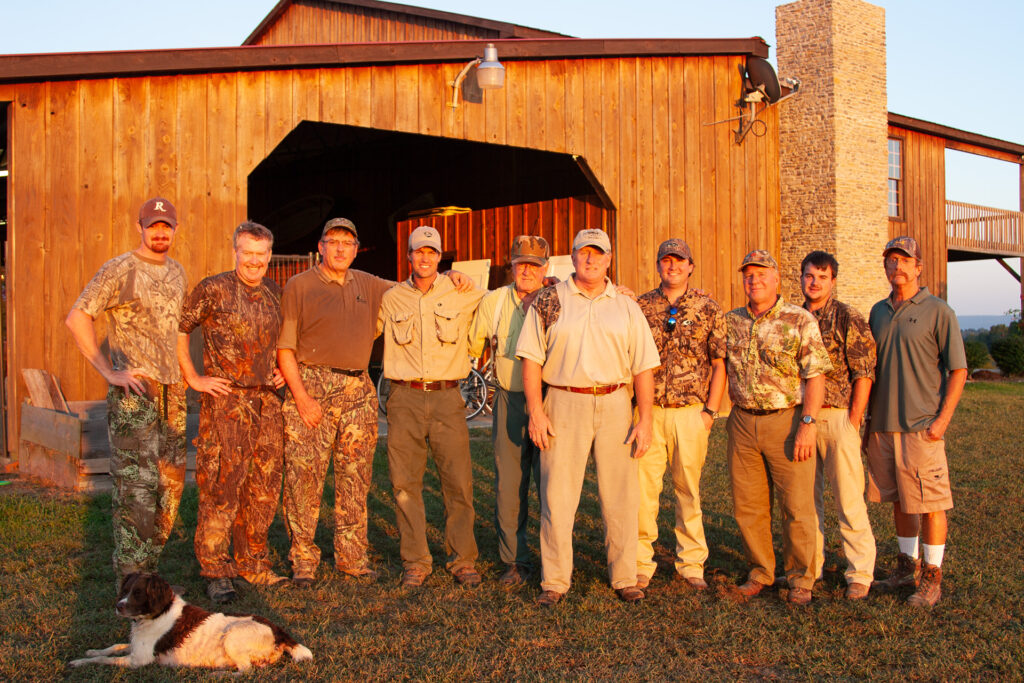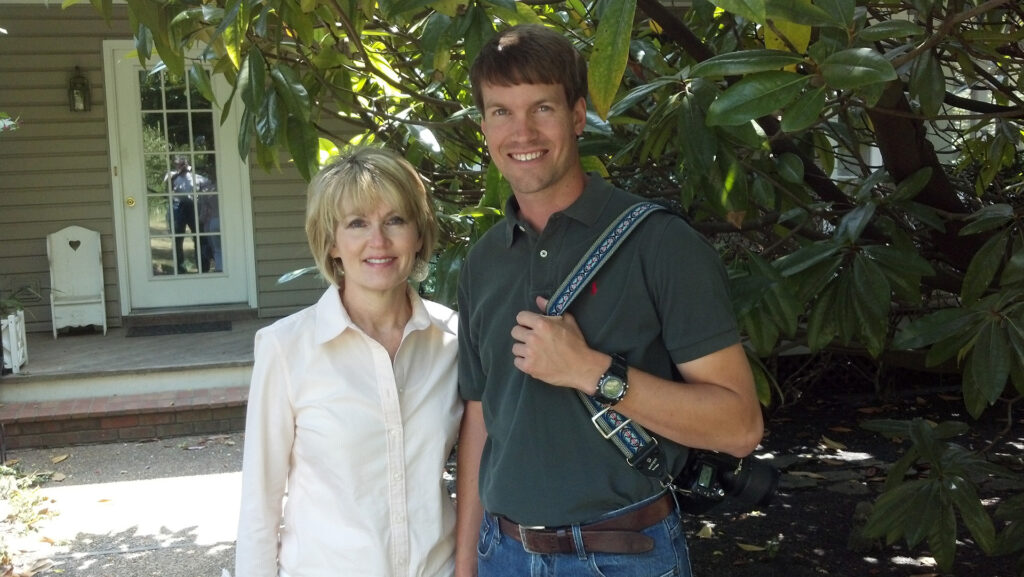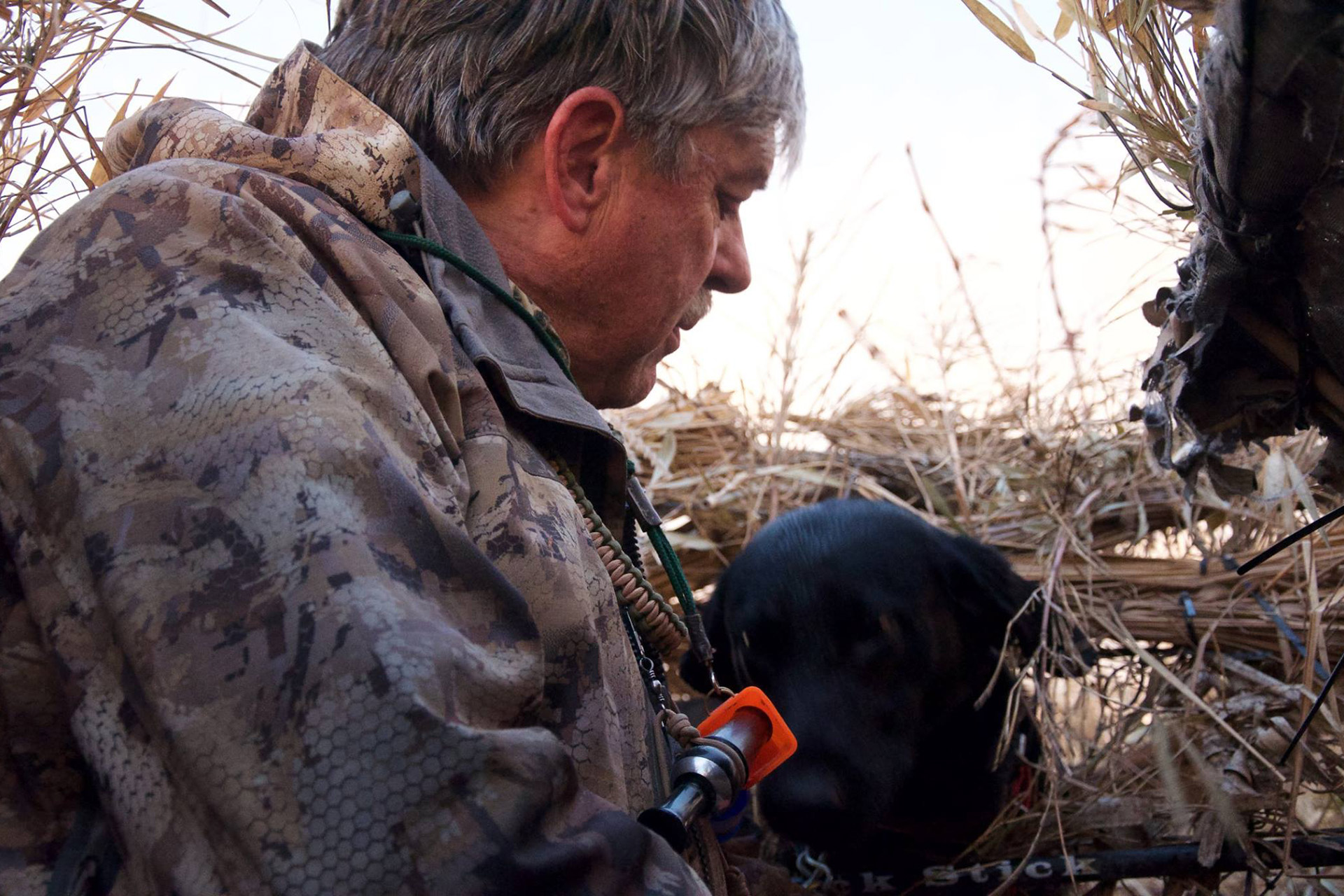My first professional mentor was the legendary outdoor writer Wade Bourne.
As a kid I’d dreamt of growing up to assume that very same profession; constantly devouring articles in all the major outdoor publications and watching the TV shows that aired on Saturday mornings (ESPN) and Sunday evenings (TNN; The Nashville Network). One in particular was called Advantage Outdoors, which Wade hosted.
In the spring of 2009 I was merely meandering through life with no clear goals. I began thinking again about what it would take to work for an outdoor magazine. Perhaps combining a fair command of words with my love for hunting and fishing was a start. But how to proceed after that…
I wondered how Wade Bourne rose to his position, so I got online to find out.
A quick Google search led me to Wade’s website, where I was surprised to find his email address. To me and many others, he is an icon of the outdoor world. He wrote for every major magazine, always had his own national TV show, and was later the host of Ducks Unlimited TV (Ducks Unlimited is, in my opinion, the most popular and the most important conservation organization in the world).
I thought for sure his celebrity status would make him unreachable. But lo and behold, I had his email address. So I figured, why not?
I don’t remember what I wrote in that initial email; I surely didn’t expect a response. But then I got one. And not just a one-line thanks for reaching out I’m too busy but will get back with you one day soon email either.
Mr. Bourne’s reply answered each of my questions thoroughly. He gave me the history of his career and insight into working in the outdoor industry. He signed off by giving me his phone number and letting me know that it’d be okay to call him someday if I wanted to learn more.
Someday was the very next evening. His wife Becky answered the phone and interrogated me (and rightfully so!) for what seemed like long minutes until I was able to stutter through my reason for calling.
Mr. Bourne came on the line, his rich baritone voice filling up the receiver, and we talked for nearly an hour. I was a kid, a stranger that Mr. Bourne didn’t know from Adam, and yet he talked to me like we were old friends.
Later that year, I invited him to a dove hunt at my family’s farm. He accepted. We got to know each other better and though I wasn’t aware at the time, he became my first professional mentor.
Over the years we hunted together often: he and his son, who is now one of my closest friends, at our farm, my father and me at their duck hunting camp in Kentucky along the banks of the Mississippi River.

A couple of years later, Wade and Becky hosted me at their home in northwest Tennessee for a couple of days I’ll never forget. Wade and I talked non-stop about the outdoor industry, becoming a writer, and what one might do to make a go of it. He also spoke of the pitfalls that come with the territory: the hard work, the rejection, the minimal pay that a fledgling writer could expect. He was open and honest and not afraid to clearly communicate the good and the bad.
Later, when I applied and got an interview for an editor position with Sporting Classics magazine, Wade was the first person I told. He didn’t hesitate to volunteer to call the magazine on my behalf and put in a good word, and I appreciatively accepted his offer to do so.
Long story short, I got the job. A dream job.
As I look back over my career, it has always been people who’ve held me up and propelled me along. I’ve been very fortunate to have several other mentors. And like Wade Bourne, they’ve assumed the role with humility and a willingness to help.
Which is why I always try to pay it forward.
The Role of a Mentor
Mentorship is a powerful tool for personal and professional growth, offering invaluable insight and guidance. The role of a mentor is not only to provide knowledge, experience, and wisdom, but also to build confidence, self-esteem, and foster open dialogue.
By creating a safe space for mentees to explore their goals without judgment or criticism, mentors can help them make better decisions as they navigate challenges in life. From providing support during difficult times to offering valuable advice on how best to reach personal objectives, the role of a mentor can be an essential part of any person’s journey towards success.
Like Wade and others have done for me, mentors can make a real difference in the lives of their mentees.

Seeking a Mentor
If you’re seeking a professional mentor, start by looking around your immediate work environment. What veteran of your organization seems to have shared values? Who do you get along with? What could they provide that aligns with your professional goals?
The next place to look is within your local industry. Attend networking events, follow up with potential mentors you meet there, and offer to buy them coffee. This is not always easy. I’m an incredibly shy person in big groups of people I don’t know. But I can tell you from experience: it only takes one good contact from a networking event to change your life.
The third place to seek a mentor is without your local industry. I have mentors who work in finance, for example. The outsider looking in at your professional development is invaluable. Plus, they’re dealing with obstacles and people we may have not even met yet and can provide information we don’t even know we need.
Last but not least, seek out people who you admire. This may seem far-fetched, but if I’ve learned anything about my relationship with Wade Bourne, it’s that you never know. I was 100% sure he’d ignore my email and I was 100% wrong.
Becoming a Mentor
It is my belief that the foundation for mentorship is open mindedness and the willingness to communicate. Relatability in professional relationships is important too.
Notice I say willingness rather than ability. You have to want to mentor. To do so takes time and energy. It takes a willingness to devote yourself to the needs of another human being without expecting anything in return.
Then, as the relationship evolves, trust will be the ultimate bond that seals it. This will allow you to foster a safe space for open dialogue and ensure strong communication.
As a mentor, I’m not ashamed to say that I don’t have all the answers. Mine surely don’t. Nor should that be the goal as long as I can help put someone on a path to answering questions and solving problems on their own.
As a mentee, don’t be afraid to scrape your knees along the way. In fact, take pride in the lessons. Because it’s the seemingly negative experiences that are only going to make you stronger as a professional (and as a person). If an email shows up in your inbox from someone asking for advice, answer it.


